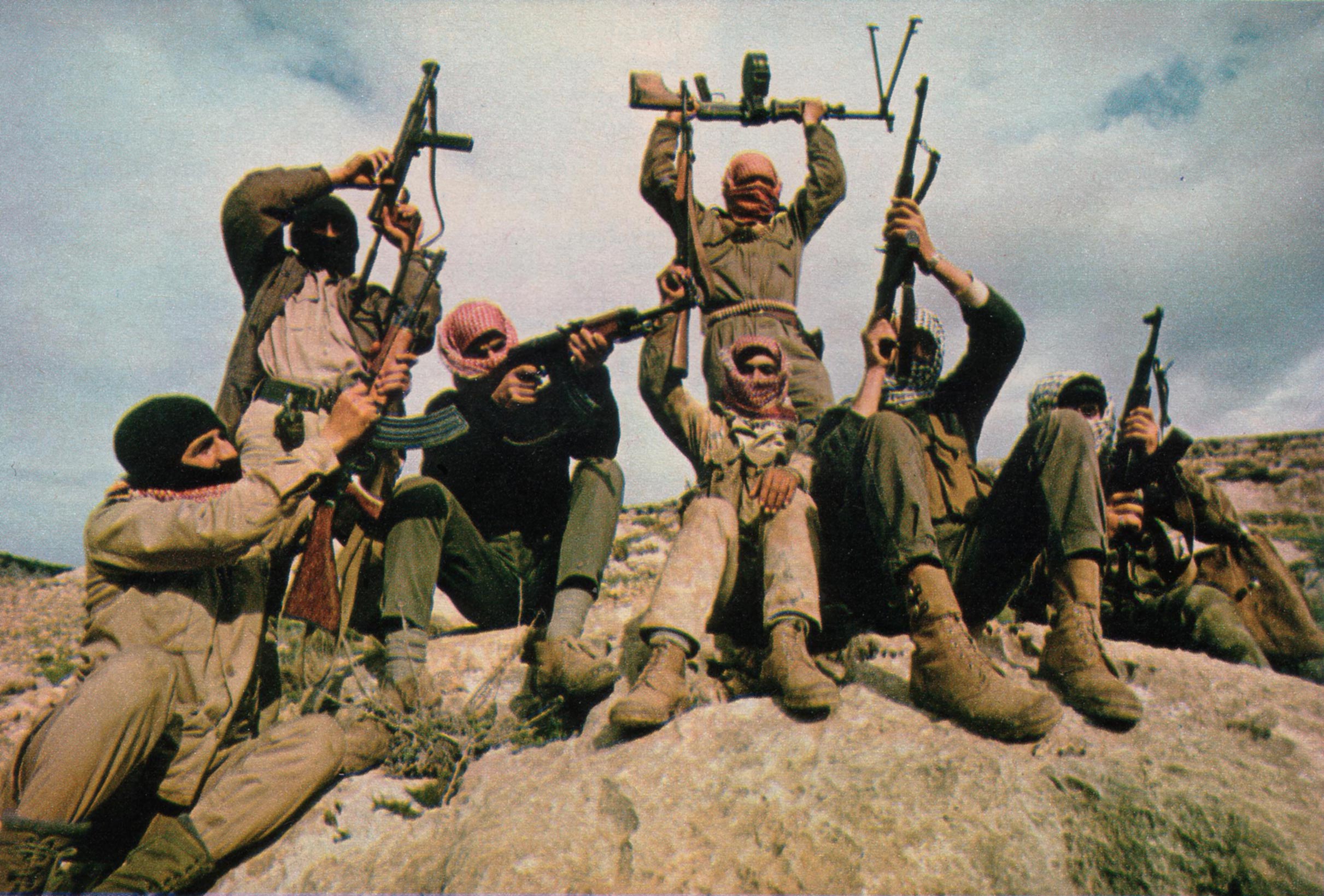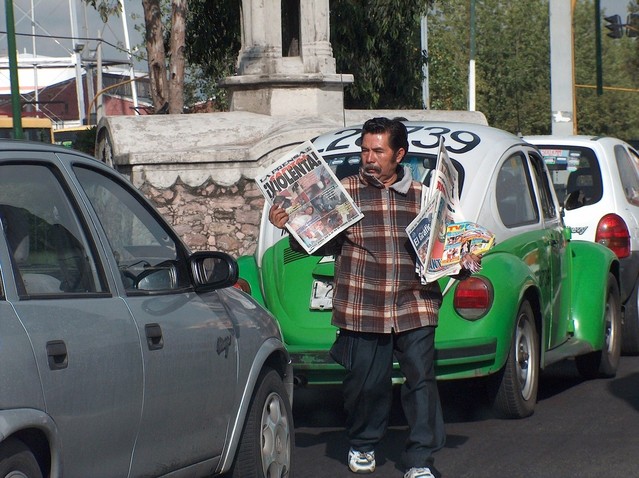Guest post by Shweta Moorthy and Thorin M. Wright.
On January 27th, the executive order that refugee and immigrant communities in the United States had been dreading and preparing for came into effect. President Trump ordered a hold on all refugees entering the United States for a period of 120 days, and a hold on refugees from Syria indefinitely. As a result, refugees who had already gone through a long screening process to enter the US were now barred from entering the country. Reactions to the order and resultant detentions were swift, both institutionally and in the form of protests in airports across the country. By the end of the evening on January 28th, a federal district court had left parts of the order on hold, allowing the refugees detained at JFK airport in New York earlier that day to enter the country. This story prompts many questions about the linkages between a host country’s executive, popular attitudes regarding refugees, and the likelihood of increased human suffering. What can social science research tell us broadly about these dynamics?
Our recent research explores the dynamics between hosting refugees and increases in one form of political violence – namely, repression, or violence which is directed by the state in the form of physical integrity violations. Refugees are, by definition, fleeing conflict or persecution. However, fleeing danger in one locale does not ensure safety in a new locale: host countries present varying levels of risk to discrimination, scarce resources, and being targeted for recruitment by violent groups.
More specifically, relying on data from more than 150 countries from 1952-2011, we studied whether hosting more refugees, and by extension anti-refugee sentiment, led to increased repression by the host state. Anti-refugee elements of local populations sometimes harm refugees directly, and host states sometimes respond to (potential) protests with increased abuse (e.g., imprisonment, torture, killings, and disappearances) to quell dissent.
Economic competition may also undermine relations between local and refugee populations. Therefore, we also explore how a host state’s economic capacity (i.e., the size of its economy and resources) affects the tension between hosting refugees and using repression. We expected that wealthier states would absorb refugees with limited economic strain, and thus be less likely to resort to increased repression. Our results supported this expectation: from 1951-2011 wealthier host countries were less likely to violate human rights than host countries with lower economic capacity.
Regrettably, our study does not distinguish whether refugees, local citizens, or both are the targets of the bulk of that abuse. Nevertheless, these findings highlight that there is a linkage between hosting refugees and one form of human suffering – state repression – but that not all host countries are equally likely to repress.
Although a general study of global patterns does not support forecasting for any individual country, our research does suggest that states with high economic capacity, such as the United States, will generally be less impacted by hosting refugees than less well-off countries. While social science research certainly does not suggest easy transitions for refugees coming to the US (especially given the heated rhetoric on this topic), such wealthy host states provide refugees perhaps the best chance to avoid continued human suffering as they make a difficult journey to escape violence and death. Paradoxically, it’s these same countries that are hosting fewer refugees amidst the current Syrian refugee crisis.
Shweta Moorthy is a researcher for the Coalition of Communities of Color in Portland, Oregon. Her research primarily focuses on issues of forced migration. Thorin M. Wright is an Assistant Professor in the School of Politics and Global Studies at Arizona State University.
*The authors would like to thank Alex and Jessica Braithwaite, as well as Idean Salehyan and Will H. Moore, for comments and suggestions on this post.







